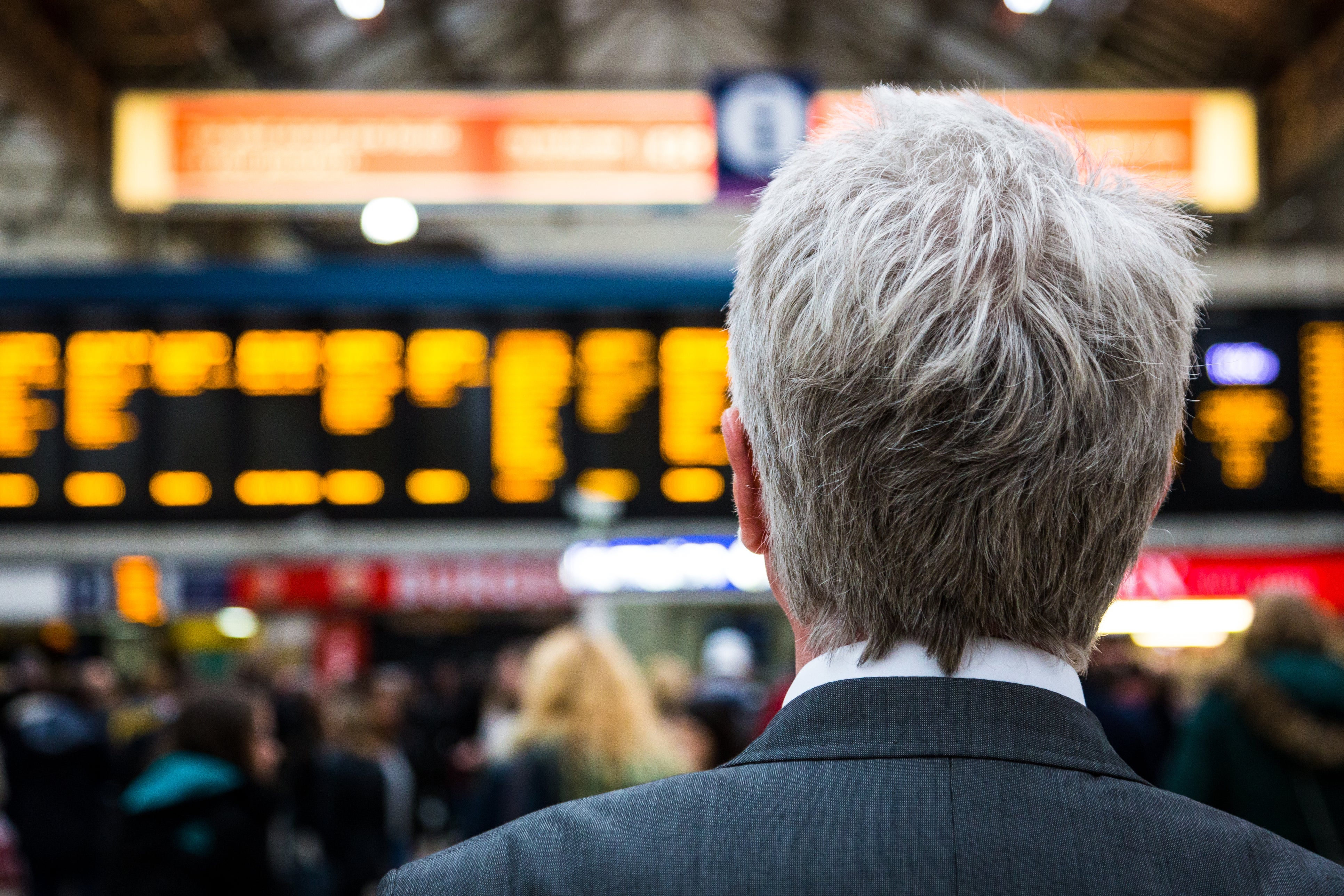Why does hair go grey and what makes urine yellow?
Why do we dream? Where did the moon come from? Even the most educated get stumped by simple enquiries. But curiosity – and the urge to satisfy it – is at the heart of science. In the first of a new series, we try to answer some of those questions...

Why does hair go grey?
A hair is basically a tube filled with cells and pigment with spaces in between. When the hair is young, the spaces are filled with fluid and this keeps the pigment in place, so your hair keeps its colour. As we get older, our skin doesn’t produce hair quite so well and the spaces become filled with air. The pigment is lost and the hair gradually becomes white.
Why do your hands go wrinkly in the bath?
Our bodies are covered with hairs, each of which has a gland (the sebaceous gland) at the bottom that pumps out sebum. This oily, waterproof layer stops water getting into our skin and keeps it supple. But the palms of our hands and our feet are hairless, so don’t have this protective layer. This means that water can get into the skin of our hands and feet, and make them swell up. The skin swells into ridges because of the way the layers of skin are attached to each other.
Why do reaction times decrease as we age?
Ageing seems to cause a general decline in sensory and perceptual skills. However, this might not be a direct result of age. Older people are more likely to have suffered disease or trauma and individual differences tend to increase generally with age. One feature clearly associated with age is a declining ability to see near objects. In addition, visual field and general acuity tend to reduce with age. There seem to be changes associated with age in the other senses, but the relationships are not clear. All of this will slow reaction times. In addition, dementia causes degeneration of nerve cells in the brain. Dementia is not a normal part of the ageing process but the fact that it is more common among people over 60 gives older people a reputation for altered mental abilities.
What makes urine yellow?
The kidneys serve two major functions: they keep the salt content of the blood constant, and they filter waste out of the bloodstream. So, the main components of urine are salt, water and waste products. The major waste product from cells in the body is ammonia, and the major waste product from blood is a broken form of the “haem” part of haemoglobin, called bilirubin. In the liver, each of these is converted into a less hazardous form: ammonia is converted to urea, and bilirubin is degraded to urobilogens. Salt, water and urea are all colourless, but urobilogens are yellow. So, if you drink a lot, your urine will be clearer, and if you get dehydrated, your urine will be darker yellow.



Join our commenting forum
Join thought-provoking conversations, follow other Independent readers and see their replies
0Comments